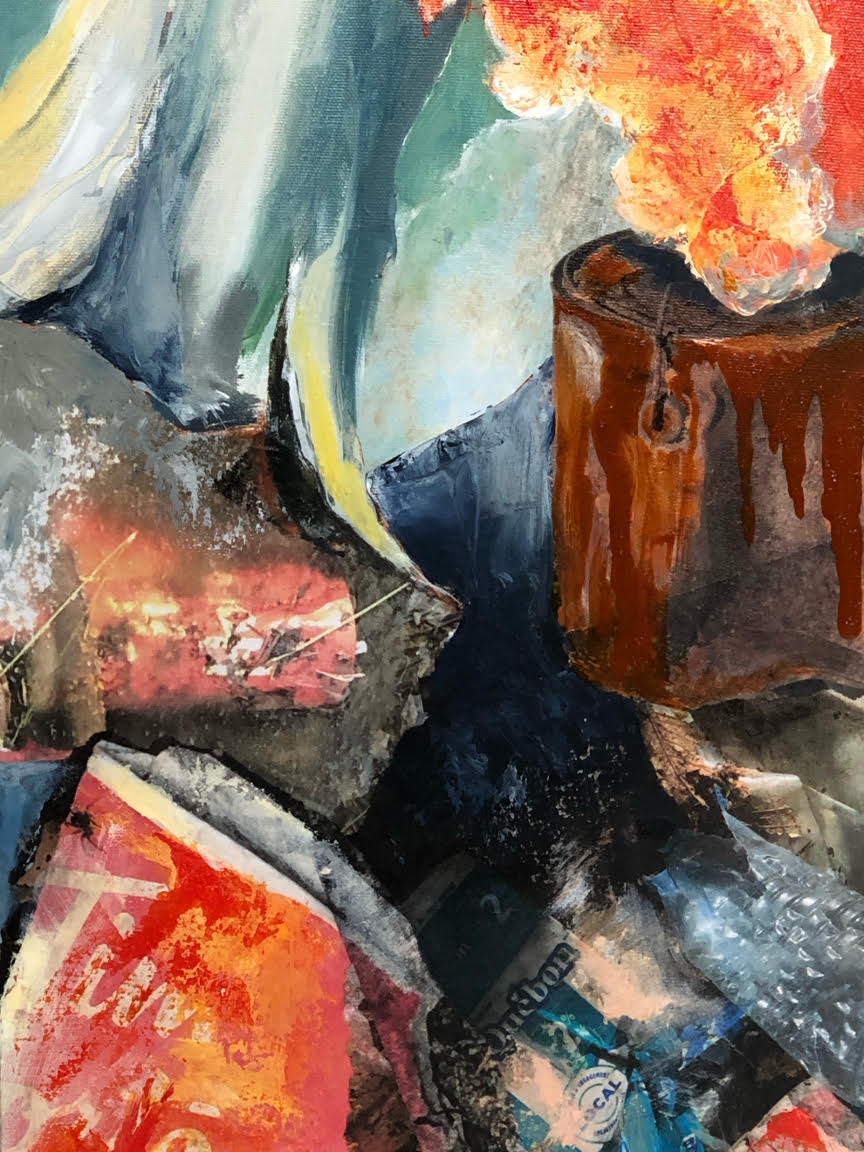Action Guide
Let’s Take Action on Waste
Today, Canada faces a waste crisis. As a country ranked the 8th biggest waste producer in the world, we have a lot of work to do. The Canadian government reports that 3 million tonnes of plastic waste are thrown away every year, only 9% of which is recycled, leaving the rest to end up in landfill or in our natural environment. To tackle this issue, we need all hands on deck. This includes action from governments and businesses at every level, and from individuals like yourselves!
We’ve developed our Waste Reduction Hub to be an ever-growing hub of resources and action items to get you started on your waste reduction journey. So, let’s get started!
Categories
Click into a category to find waste resources
Plastic Waste

Plastic Waste
Jump to: Introduction | Top Plastic Polluters | Why it Matters | Quick Tips | What Can You Do
Introduction
Plastic is everywhere. From the clothes we wear, the food we eat, and the electronics we use, almost nothing goes untouched by plastic. There’s no doubt that many plastic items are useful, durable and in some cases, essential.
However, single-use plastics - things like plastic straws or cutlery that we use only once before throwing away - are far from essential for most people. The rate that we produce plastic items is unsustainable, and the truth is, our waste management systems just can’t keep up.
Consider that half of all plastics ever manufactured were made in the last 15 years, with production expected to double by 2050.
With the rates of plastic pollution we are already seeing, we can’t continue like this. It’s time to choose planet over plastic, and we’re here to help you do just that.
Photo taken by AGF at Scarborough Waterfront Trail in 2017.
Top Plastic Polluters
After doing more than 1000 litter cleanups, we have witnessed the scale of our plastic pollution problem firsthand. Since 2014, A Greener Future has picked up more than 4 million pieces of litter, with ~90% of that total comprising of plastic items. Fortunately, with the data we collect at our cleanups, we can identify problem items and work to come up with solutions to tackle them. See our top plastic-polluting items below, from data taken mainly in the Lake Ontario area.
Cigarette Butts
Plastic Pieces
Foam Pieces
Food Wrappers
Plastic Bottle Caps

Why It Matters
Wildlife
Though plastic can be useful for humans, when it gets into our natural environment it poses a huge threat to wildlife. Animals can become entangled or may mistake plastic litter as food, causing sickness or death. We can all help to protect our local wildlife by putting waste in its place and keeping plastic off of our shores.
Microplastics
Microplastics may be small, but they pose a big threat to the environment and human health. Studies are limited on this emerging issue, but it's estimated that there may be trillions of microplastics in our Oceans. We must protect our water from microplastics to preserve the health of the humans, wildlife and ecosystems who rely on it.
Climate Change
99% of plastics are made from chemicals derived from the petrochemical industry, which means that the higher the demand for plastic, the higher the demand for petrochemicals. From cradle to grave single-use plastics contribute to climate change. In order to protect the planet and its people, we must reduce our plastic use.
Local Economies
Plastic is continually washing up on some of the world's most beautiful beaches, burdening local communities with the cleanup responsibilities and in some cases, causing a decline in tourism in the worst-affected areas. To protect communities across the world, we must reduce our dependence on plastic.
Quick Tips
Use the 5 R’s of Zero Waste (Refuse, Reduce, Reuse, Recycle, Rot) to get started on your waste reduction journey
5 R’s Blog post
Re-learn how to recycle in your municipality with our Recycling Guide
Familiarize yourself with your local low waste options using our Directory.
Start by choosing one single-use plastic item to swap out for a reusable option in your day-to-day life
Attend a litter cleanup at your local beach or park, or host your own!
Talk about it! Engage your friends and family in discussions around waste reduction.



























